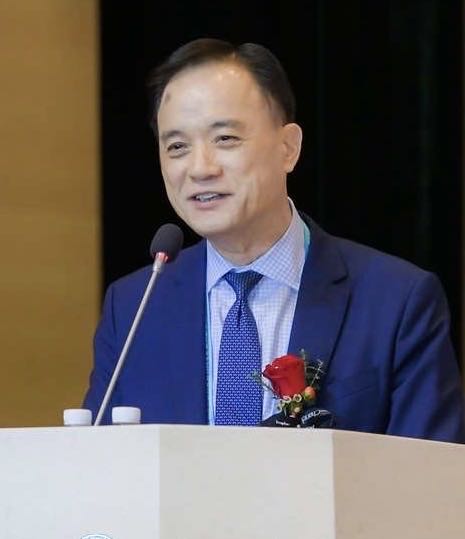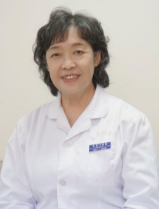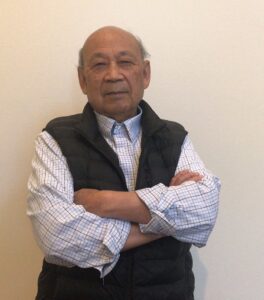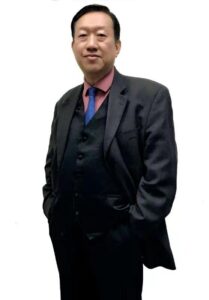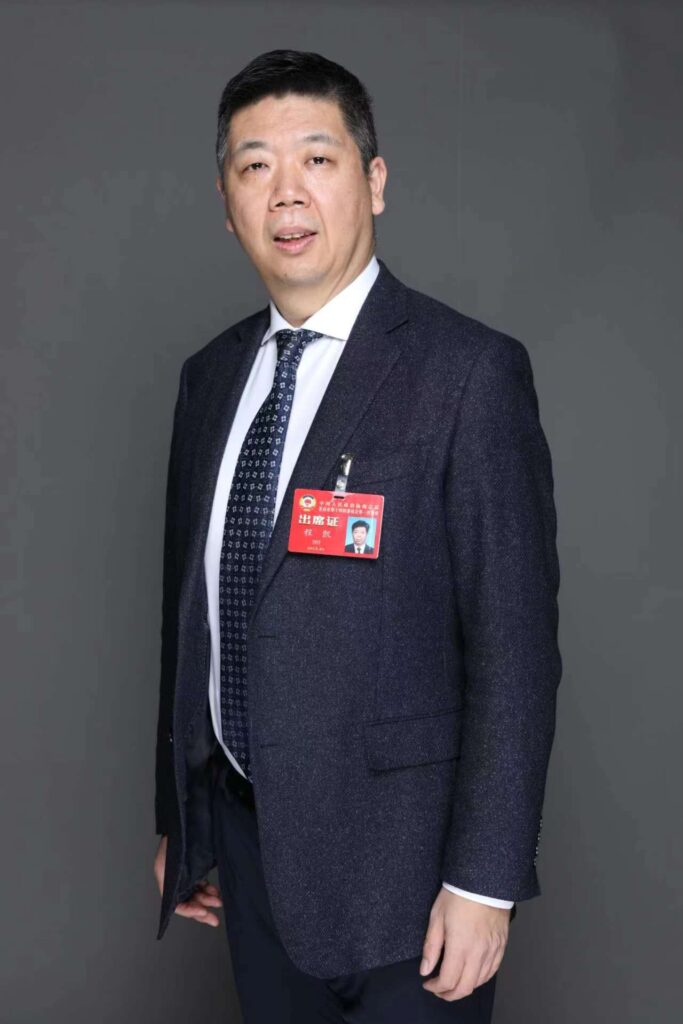Michael Taromina 9then
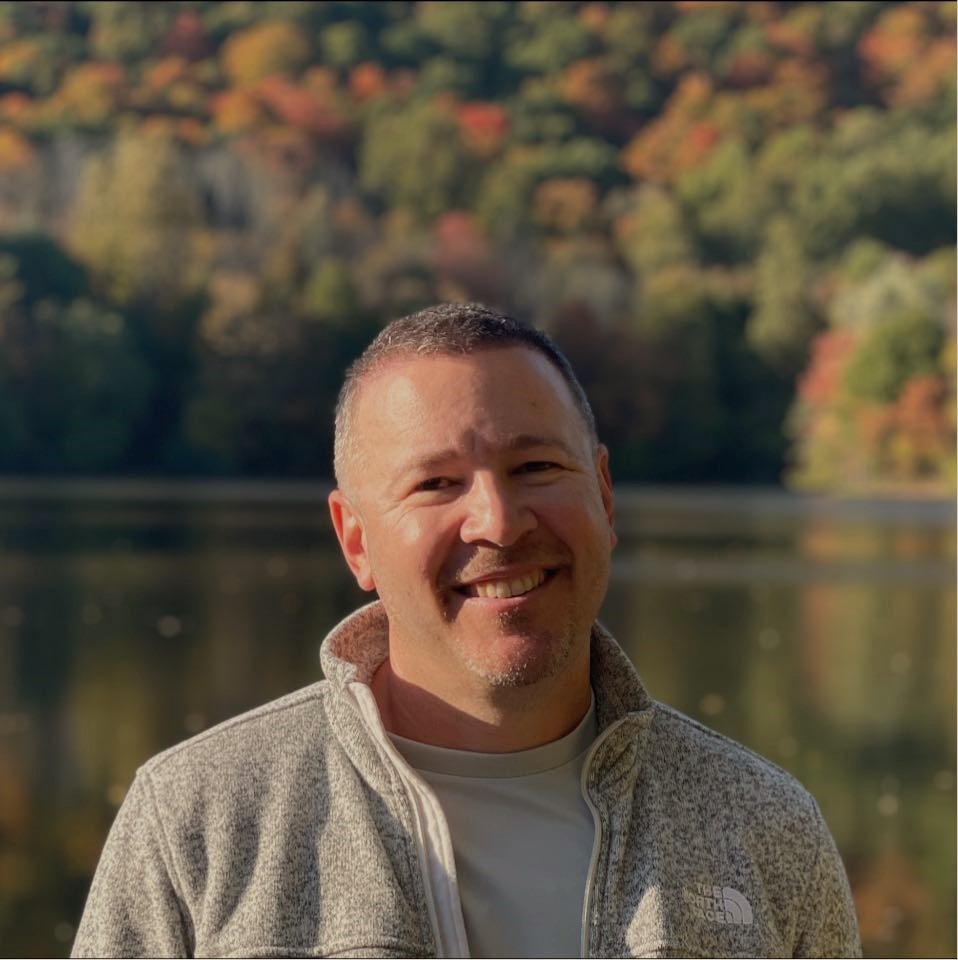
Michael Taromina, Esq., is an expert in acupuncture and Oriental Medicine law, ethics, and regulations. For over two decades, he has litigated, educated, advocated, and authored for the advancement and protection of the AOM profession in the United States. Michael serves as the Chair of the National Certification Commission for Acupuncture and Oriental Medicine’s Professional Ethics and Disciplinary Committee. In this capacity, he co-drafted NCCAOM’s Code of Ethics and Grounds for Discipline and currently oversees the adjudication of misconduct cases from all over the country.
Michael has also served as pro bono legal counsel to many AOM state and national associations.
Topic:
Emerging Ethical Trends in TCM
Summary:
Stay ahead with the latest changes to the NCCAOM Code of Ethics and regulations. Gain expert insights from Michael Taromina, Esq. on avoiding legal pitfalls, while getting firsthand knowledge of disciplinary trends. Get ready to enhance your practice with proven risk management strategies.
